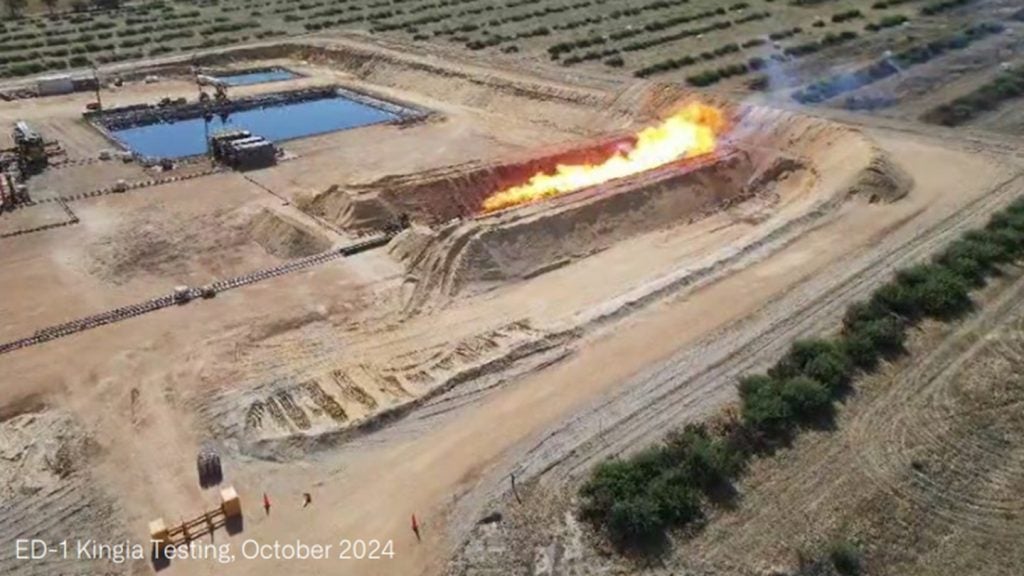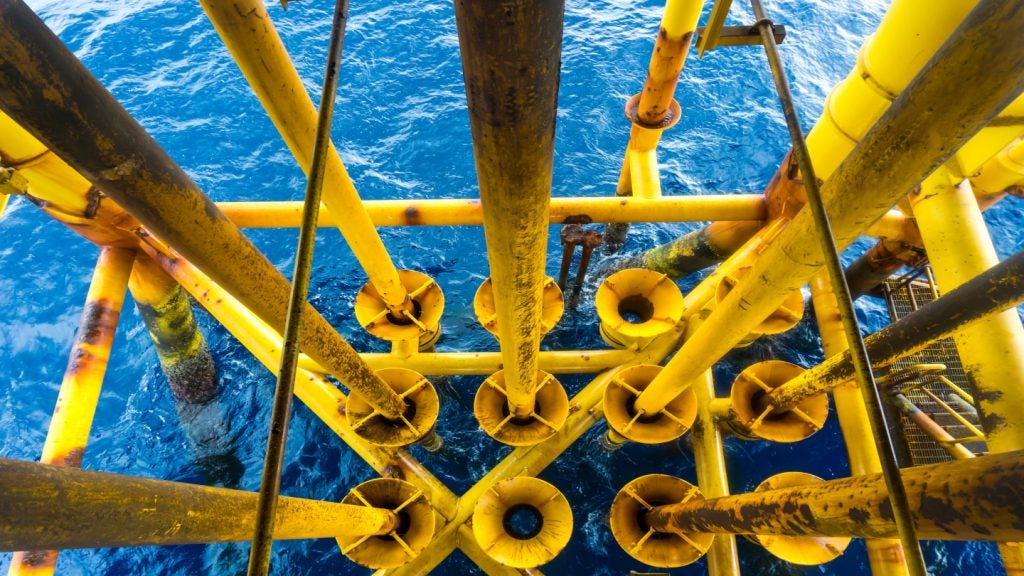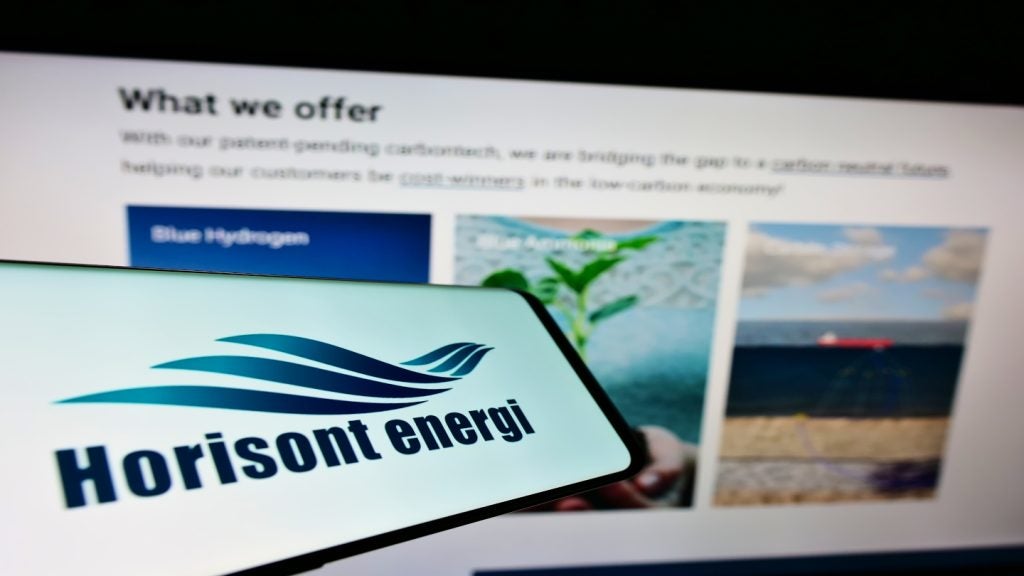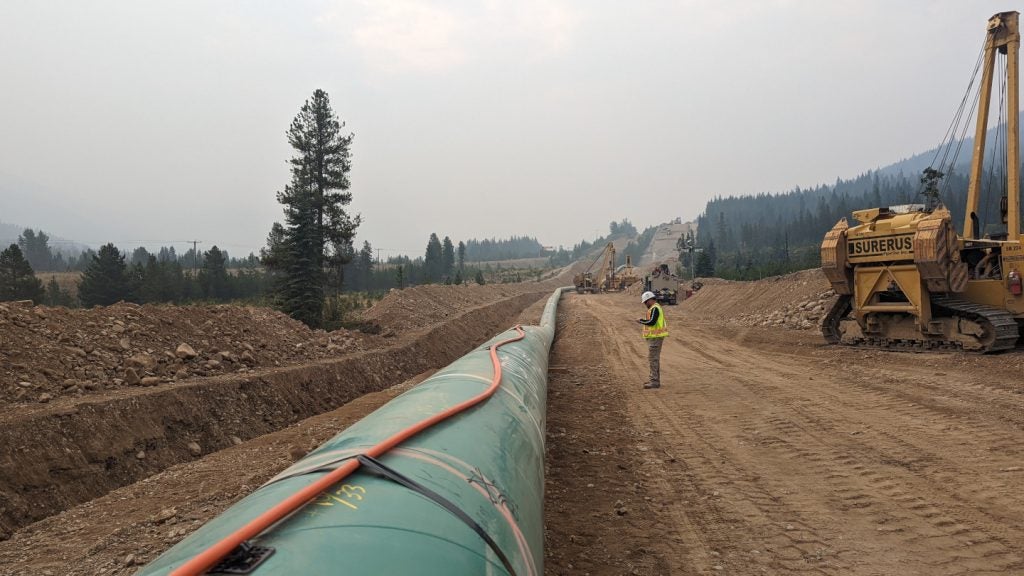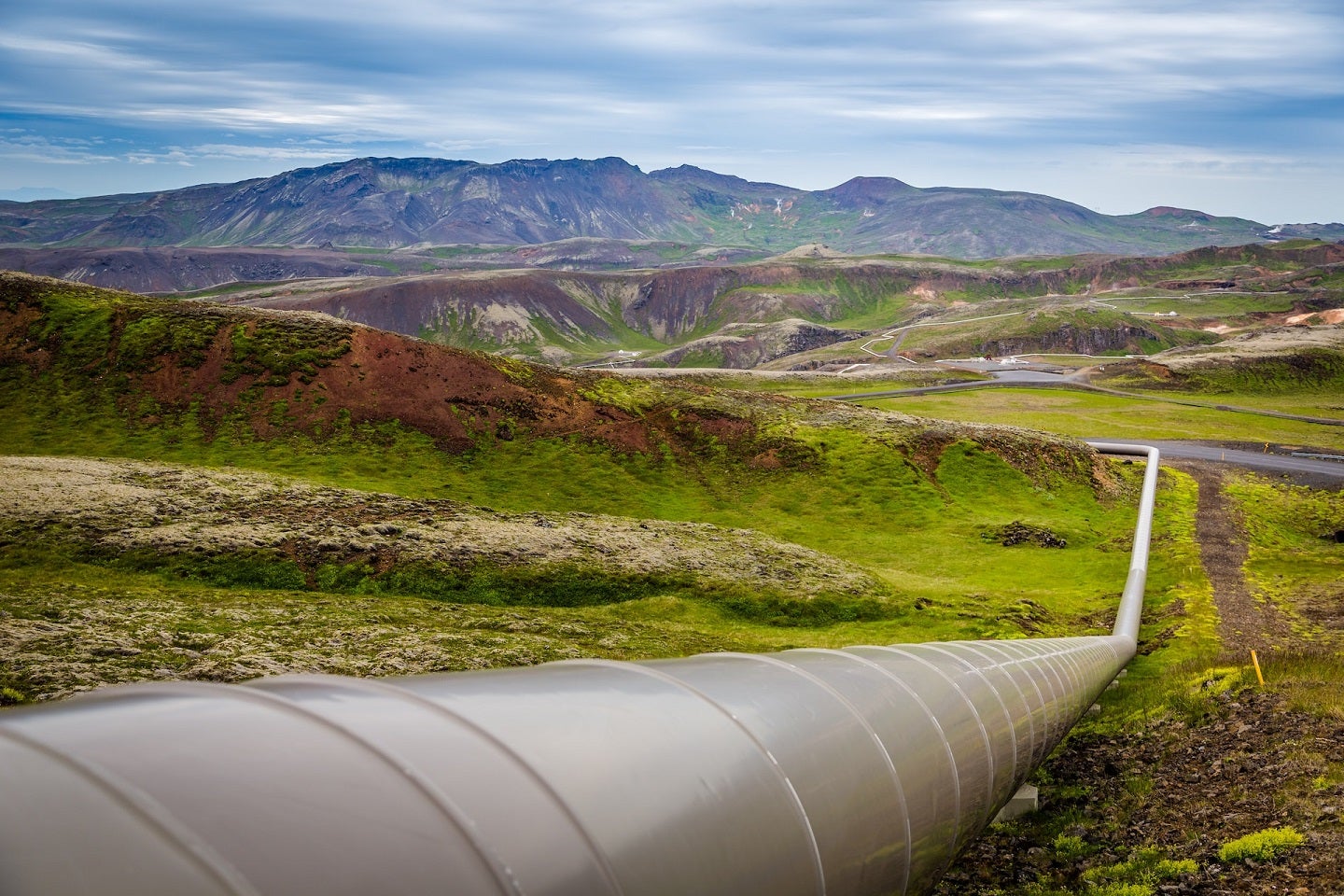
The governments of Hungary and Serbia have signed an agreement for the construction of the Hungary-Serbia oil pipeline and to launch a joint gas trading company.
The memorandum of understanding (MoU) for the construction of the cross-border pipeline has been signed between the Serbia Minister of Mining and Energy, Dubravka Đedović, and Hungary Minister of Foreign Affairs and Trade, Peter Szijarto.
As per the MoU, an agreement for the pipeline construction will be signed between Serbia’s Transnafta and Hungarian oil and gas company MOL Group.
Đedović said that Serbia currently receives crude oil only through Croatia.
The new oil pipeline, which is expected help Serbia diversify supply sources and routes, will have a capacity of 5.5 million tonnes per year.
Serbia’s section of the pipeline is estimated to cost €157m ($171.1m).
How well do you really know your competitors?
Access the most comprehensive Company Profiles on the market, powered by GlobalData. Save hours of research. Gain competitive edge.

Thank you!
Your download email will arrive shortly
Not ready to buy yet? Download a free sample
We are confident about the unique quality of our Company Profiles. However, we want you to make the most beneficial decision for your business, so we offer a free sample that you can download by submitting the below form
By GlobalDataThe purposed pipeline will run along the route Szazalombata-Alđe-Roske-Novi Sad, with a potential extension to Thessaloniki and Durrës.
Earlier this year, construction work started on the natural gas interconnector from Bulgaria-Serbia that will transport non-Russian gas to Bulgaria.
The long-delayed 170km-long Interconnector Bulgaria-Serbia (IBS) pipeline is expected to have a transmission capacity of 1.8 billion cubic metres per year, with a reverse flow capability.
For Serbia, the IBS pipeline project is expected to diversify its gas supplies, reducing dependence on Russian gas imports. It will also provide alternative supply routes in south-east Europe.



